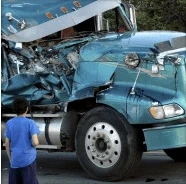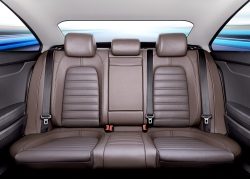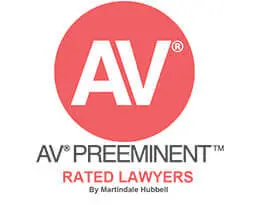
In 2012, the NHTSA attributed 3,900 deaths and 104,000 injuries to truck accidents. These types of vehicle crashes are some of the most dangerous due to size differences of the automobiles involved. The NHTSA, along with other organizations, is working to make 18-wheelers safer – therefore increasing roadway safety. This means addressing one of the most common reasons for truck accidents – overloading and improperly loading vehicles.
While state and federal laws set weight limits for commercial trucks, that doesn’t mean that companies adhere to them. You’ve likely passed a weigh station along major Georgia highways and interstates, which are meant to ensure trucks remain within their Gross Vehicle Weight Rating (GVWR). This rating is calculated using things like powertrain, axels, brakes, suspension and frame type. Once calculated, the GVWR of a truck is noted on the plates. No GVWR should exceed 80,000 pounds unless they receive a special permit.
Unfortunately, loading companies do not always load trucks at the appropriate weight. And even if they do, they often times load the vehicles incorrectly. Improper truck loading can be just as dangerous as overloading. When cargo weight isn’t evenly distributed, it can cause the vehicle to become a hazard during turns especially. The overloaded side or top-heavy truck can easily overturn and cause an accident. Another possibility is cargo not being secured properly. Cargo that moves or falls during transit can be distracting and affect the handling of the truck.
In the event that a truck is improperly or overloaded and someone is injured in an accident as a result, victims can attempt to claim damages. Truck accident cases tend to be complex due to the size and capabilities of large trucking companies, so it’s important to have an experienced injury lawyer on your side if such a situation arises. The legal team will work to compile evidence and prove negligence so that your lawsuit ends in appropriate damages being awarded to you.
For more information on what constitutes over or improper loading, call (770) 427-5498 today.









